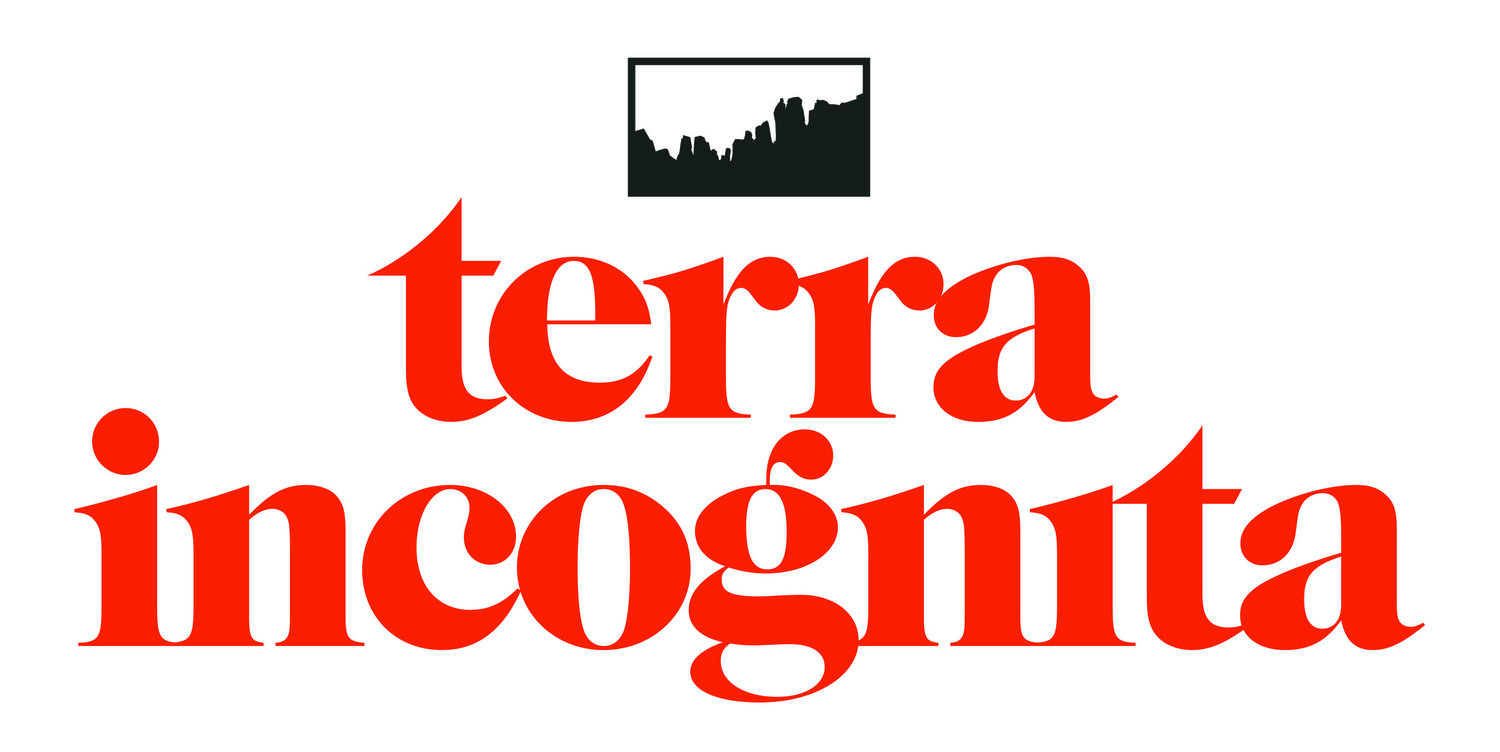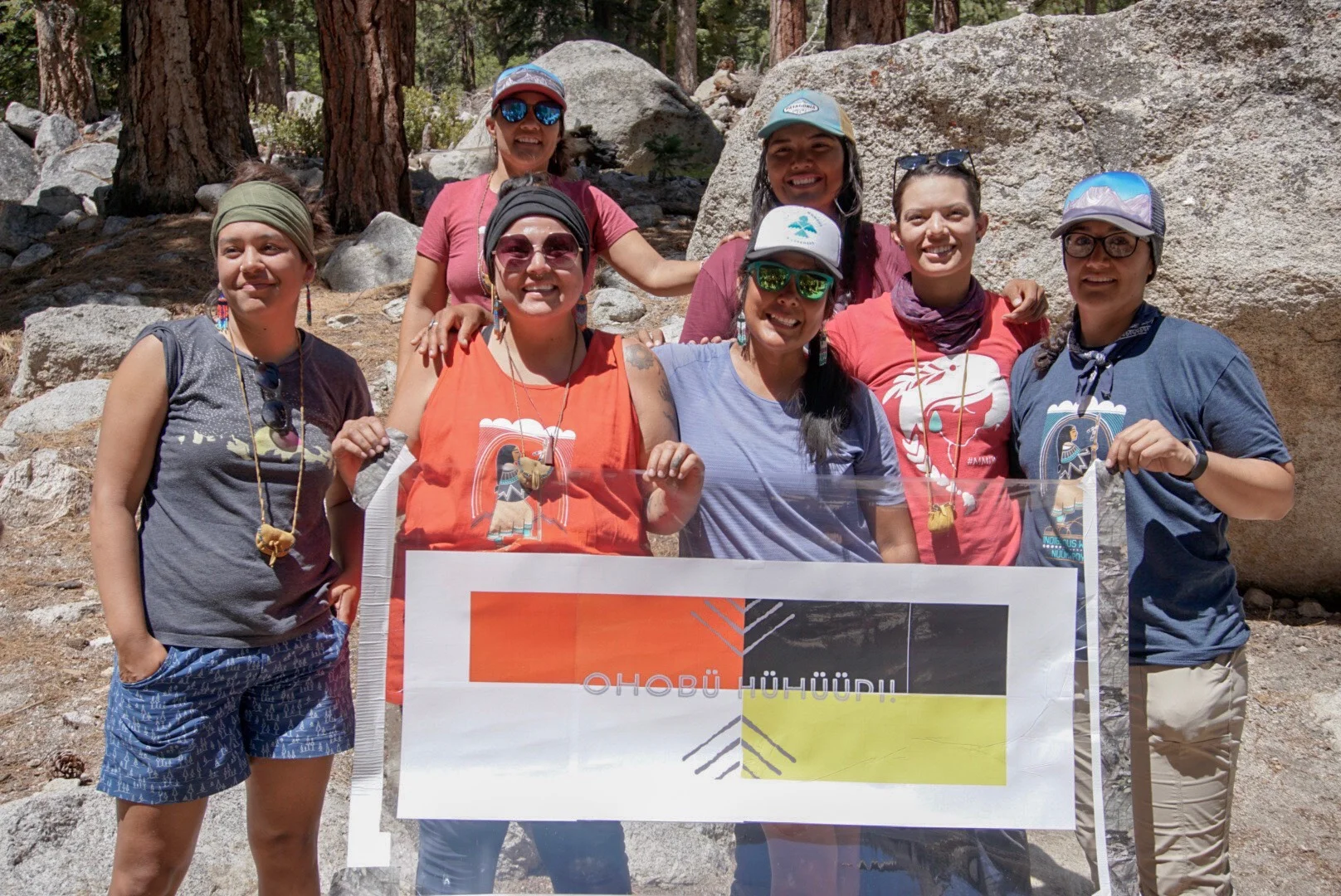In the Wet of It: Equity, Inclusion, and Detaching From the Commitment to Whiteness
This is a series called "In the Wet of It," which addresses how the outdoor industry/environmental movement needs to, and can, examine the construct of Whiteness. The question was posed to me by Kenya Budd, an equity and inclusion consultant in Portland, Oregon, and has been posed by many who have, and continue to fight for a more equitable world: can a fish comprehend wet? This metaphor gets at the heart of what is truly stunting the fight against our U.S. White supremacy: can a White person comprehend Whiteness?
How can we operate in solidarity with marginalized communities in spaces like the outdoor industry and the mainstream environmental movement - spaces that are filled with liberal progressives who claim that they advocate for inclusion and diversity? The outdoor industry and mainstream environmental movement have long been criticized for their reputations of centering whiteness and excluding, erasing, and ignoring the centuries of work that Black, Indigenous, and People of Color have been doing to fight for climate and social justice. Just last year Patagonia ran the ad campaign, "The President Stole Your Land." We've already been over why this is a huge disservice toward the goal of equity.
In April of this year, National Geographic printed a special issue in which they make a move toward accountability for the magazine’s racist history that they titled, “The Race Issue.” They call themselves out for the full-issue article that they ran in 1916 in which Aboriginal Australians were called “savages” who “rank lowest in intelligence of all human beings." They also acknowledge that there is no scientific basis for race. In other words, race is a social construct like money, time, and marriage. But while National Geographic admits to the harm of their past issues, their messaging in this current issue promotes an ideology that sits comfortably with liberal progressives: an assertion of a post-racial America. Doreen St. Fèlix dissects this phenomenon in her essay, "The National Geographic Twins and the Falsehood of Our Post-Racial Future," as she points out the contradictions in the choice language that the editor of National Geographic, Susan Goldberg, uses.
St. Fèlix notes the title of the cover article, “These Twins, One Black and One White, Will Make You Rethink Race,” and how this "framing inspires the kind of coarse racial quantifying from which the issue is ostensibly trying to escape." At the same time that National Geographic is attempting to acknowledge the construct of race, it plops humanity right back into our assigned and appropriate boxes: Black and white. In the same breath that National Geographic accounts for their racist past, the publication continues to collude with White supremacy.
St. Fèlix draws our attention to this kind of passive and post-racial language because language is important. It can often reveal what's really going on in our minds, how we are understanding things we are presented with, and what we really, truly, like actually, think.
National Geographic's "Race Issue" gives ammo to those who subscribe to “color blindness.” It is easy to understand the logic of those who say that they don’t see color, albeit an ableist claim that equates blindness with ignorance. I have heard this a lot from white people. This is a well-meaning attempt of white people to claim that they don’t judge people based on the color of their skin. They mean to say that they don’t treat people differently whether they are Black, Brown, white, etc. They want to live in a world where the color of your skin doesn’t matter.
This absurd denial of reality is really easy for white people because we are not the targets of racism. The impact of this claim is harmful and dangerous because it completely ignores the experiences of so many people who are brutalized and murdered for their non-white skin. The complete lack of awareness about the experiences of people of the global majority, and the ability to tune out their true, lived realities, is an outcome of white privilege. Claiming “color blindness” doesn’t change the fact that we live in a world where white people think themselves superior, and everyone else is seen as “other,” or inferior. Our history books, our media, our institutions, our police force, our judicial system, all centers whiteness as the norm. Saying you are colorblind is just a cold, hard lie. You can’t not see someone’s skin color.
Colorblindness is often excused by the well-meaning intentions of white people. But intentions are not a valid or real excuse. Intentions do not matter, the impact does. A common analogy follows: if I step on your foot and break your toe, it doesn’t matter what my intentions were or weren't. I stepped on your foot and now your toe is broken. This means I can't be in denial about your foot being broken. I have to be respectful enough to listen to your experience, believe you when you say your toe is broken, and figure out what I can do to heal the situation, and maybe assuage your pain. It doesn’t matter that I didn’t mean to hurt you I still need to be accountable. I need to think about how I can avoid stepping on someone’s foot in the future. However, this analogy falls extremely short because stepping on someone's foot is nothing compared to the violence of racism.
White people have consented to psychologically repressing the truth. As the descendants of slave owners, intergenerational trauma lives inside our bodies, yet we do not acknowledge this in fifth grade history class or...ever. Most likely, not even in therapy because our therapists are steeped in whiteness too. Over generations, we have gotten so good at denial. This is one of the key elements of white supremacy. If white people really thought about the harm that white supremacy causes, truly comprehended our active collusion in that harm, as well as how it harms us, we would end white supremacy tomorrow.
As Chenjerai Kumanyika and John Biewan of the podcast Seeing White say: "On crazy we built a nation." We have built our lives on top of a completely false human invention: Whiteness. Our belief and commitment to the construct of whiteness keeps this supremacist nation going. Does that mean we have built our entire society, the schools, the hospitals, the businesses, the restaurants, the parks, the pools, the grocery stores, on a lie? Yep. If our institutions and establishments were created in this myth, what does that mean about how we identify as individuals?
Stay tuned for Part II.



